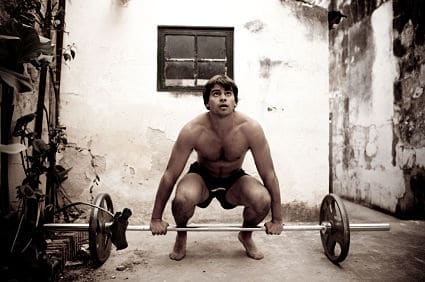Why Most Riders Never Succeed
This may sound like common sense, but if you have a specific goal or aim, it is crucial to organize and implement your activities to achieve your goal. Imagine that deciding on your goal is a mental creation. Well, how are you going to get there? Unless you have a personal cycling coach or a […]
Why Most Riders Never Succeed Read More »

